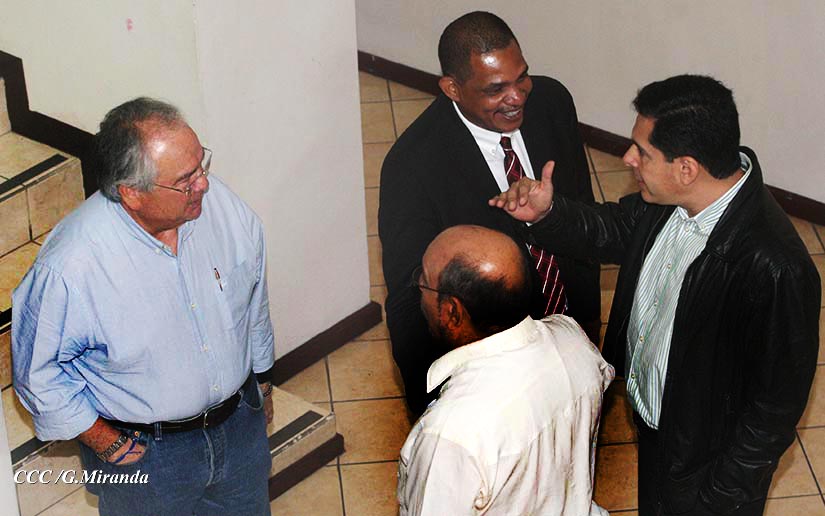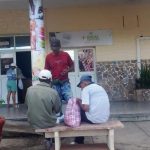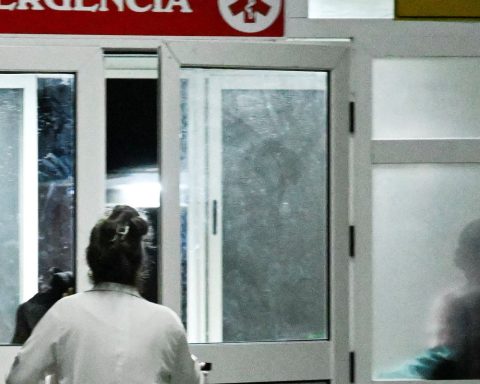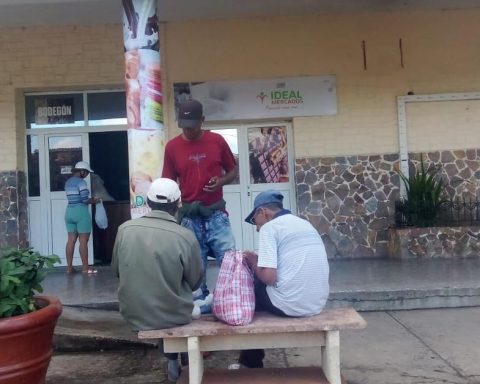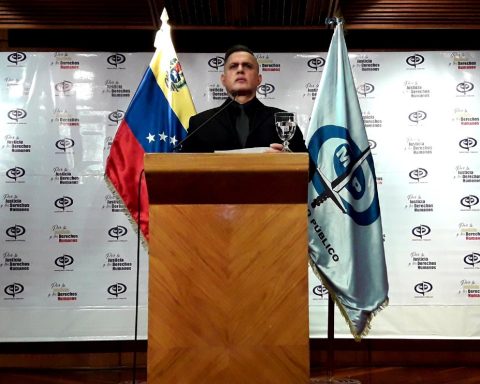Representatives and experts in the field of microfinance hope that good sense prevails among the representatives of the Government of Daniel Ortega, in such a way that the “ordering” process announced by the president of the National Assembly of Nicaragua, Gustavo Porras, does not mean a new contraction of the sector.
In mid-May, in a interview broadcast by the Parliamentary Channel, Porras announced the beginning of a process of “organization” of financial and microfinance institutions that are registered as non-profit organizations with the Ministry of the Interior (Migob).
It is not the first time that the regime has targeted microfinance institutions. In March, when the regime had only canceled 114 NGOs, a draft decree came to the First Secretariat of the National Assembly to cancel another 25 entities, including the Local Development Fund Association (FDL).
The FDL Association is a non-profit entity, which appears as the owner of the Local Development Fund Foundation (FFDL), which is a company dedicated to the activity of microfinance. In the end, neither the Association nor the Foundation were included in the list of NGOs that were canceled.
The reason, according to an economist who knows how this sector works, is that “good sense prevailed among Ortega’s advisers.”
“When they said that they were going to close the FDL, the Superintendence of Banks (Siboif) and the Microfinance Commission (Conami), they realized that what was coming was a systemic risk that could affect 350,000 clients, and accelerate the Withdrawal of strong international funding, which exceeds 300 million dollars,” the source explained.
“In the Central Bank, the Ministry of Finance and the economic cabinet saw the risk and warned the Ministry of the Interior (Migob), the National Assembly” and Ortega’s advisers, managing to stop the chaos that was announced, because “It was not just FDL, but many others that are regulated by Conami, because they are NGOs”
The regime maintained its intention to get hands on the sector, despite understanding its importance, as evidenced by the announcement by Porras, who promised that “when the document is ready, it will be consulted with the regulatory bodies of the financial system, and with the partners of the the financial and microfinance institutions that will be affected, so that they are calm”, deciding to apply the same “solution” to them as to the social clubs.
“What they are going to do is cancel the registrations of these NGOs in the Migob, to leave them operating under mercantile criteria. If they did not go further, it is because of the economic importance of the sector, not because they are good people, but because they know that there is no one to replace them. Not even the [gubernamental] Zero Usury program”, he added.
Impact on financing
Beyond the words with which Porras intends to reassure the executives of the microfinance companies, as well as their international funders, the economist Julio Ricardo Hernández considers that the Government intends to place its unconditional supporters on the boards of directors of the NGOs that it plans Cancel.
This expert presumes that part of the resources of the microfinance institutions (MFIs) that still work in the country are abroad, but “the current loans remain as assets that could pass under the control of the Mefcca, to ‘encourage’ the MFIs to keep turning the money around”.
It refers to a strategy that emerged from 2018, when economic recession and the high delinquency, led several companies to bankruptcy, so the survivors adapted by reducing their size, choosing their clients better, accompanying their debtors, renegotiating or restructuring loans, etc.
The problem is that “this affected the qualification of their portfolios, with which the flourishing microfinance industry in Nicaragua ceased to be attractive to funders”, who gradually withdraw their resources, before which, the MFIs were left “turning ” to money, that is, recovering the portfolio and putting it back, Hernández explained.
“By closing the NGOs, the Government will appoint its own officials to grant loans to whomever they want, making political patronage, and thus initiating an overpoliticization of the microfinance activity. And it’s not that the anchors are going to run away: it’s that they’ve already left. Those that remain are very few, because Nicaragua is no longer an interesting option to invest in,” he stressed.
“The trend I see is that the MFIs will become docile with the Government, because in the absence of external funders, they will have to seek funds with the Bank for the Promotion of Production, or Ortega will take advantage of his leverage with CABEI (Central American Bank for Integration Economic), to place funds in trust in a commercial bank, to finance the microenterprise”, he concluded.
